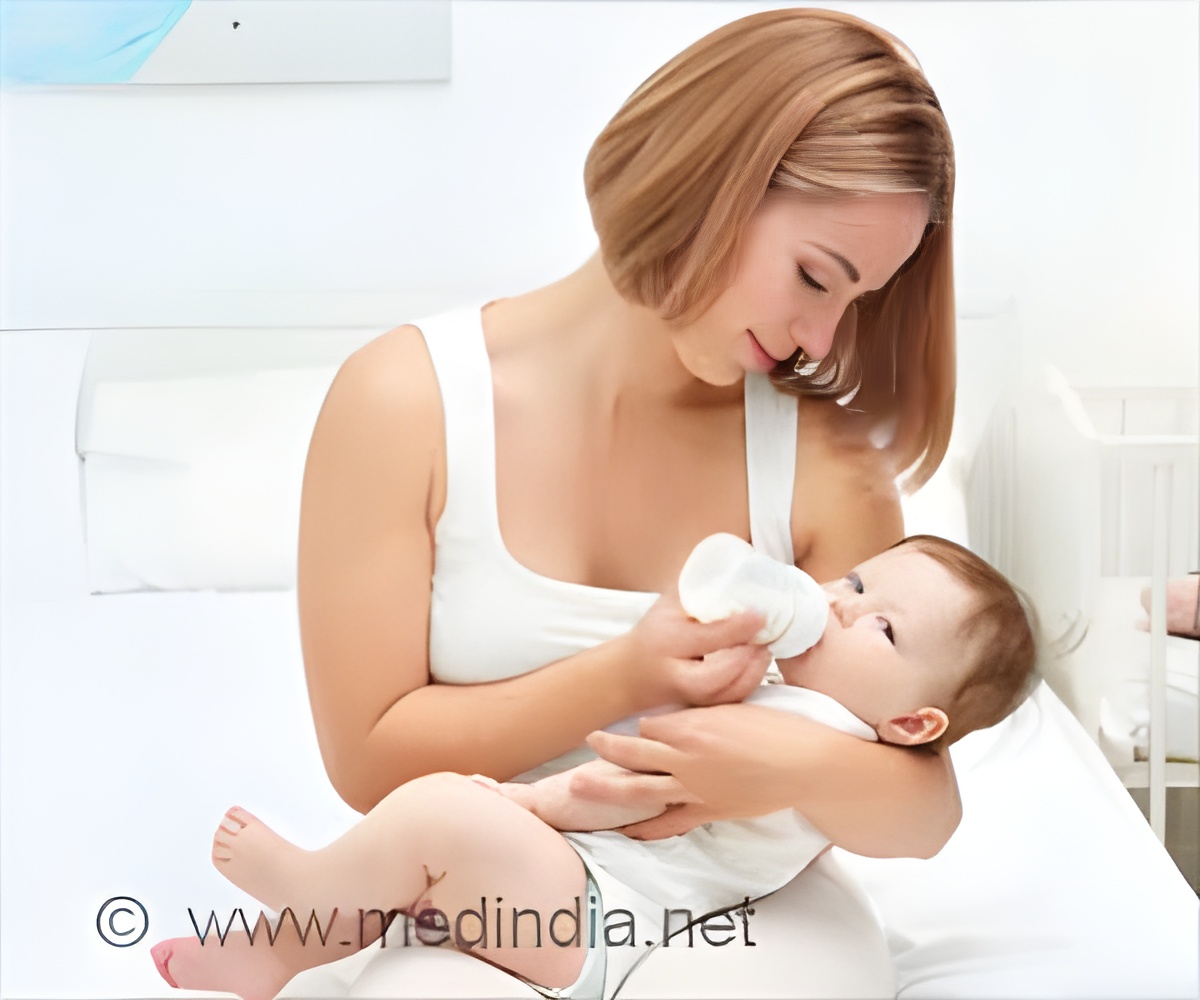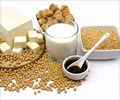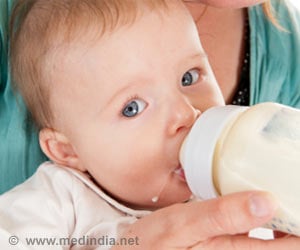Feeding soy-based formula to babies is known to have an effect on the reproductive health later in life, leading to severe menstrual cramps in young women.

‘‘Oestrogen-exposure in soy-based formula in early years of development affects the reproductive health in adulthood’.’





They found that women who had ever been fed soy formula as babies were 40% more likely to have used hormonal contraception at some point to alleviate menstrual pain compared to women who had not been fed soy formula as babies; between the ages of 18 and 22 years they were 50% more likely to have experienced moderate or severe menstrual discomfort or pain with most of their periods. Dr Kristen Upson, a postdoctoral fellow in the Epidemiology Branch at the US National Institute of Environmental Health Sciences (NIEHS) within the National Institutes of Health (NIH), North Carolina, USA, said: "Menstrual pain is the most common menstrual complaint and can substantially affect the quality of women's lives. Exposure to oestrogens during infant development, such as the phytoestrogens in soy formula, may affect reproductive health in adulthood.
"Previous research in young adults who participated in feeding studies as infants reported an increased risk of greater menstrual pain severity in adulthood with soy formula feeding. Evidence from subsequent animal studies support the disruptive effects of the soy formula phytoestrogen, genistein, on reproductive system development that persist into adulthood. Given these results, we were interested in further evaluating the association between infant soy formula feeding and menstrual pain in a cohort of young women. We decided to investigate this in a group of African-American women, since most of the participants were white in the previous study. The consistency of our results to that of the prior study suggest that our findings may be applicable to women in general."
When enrolled in the study, the participants were asked about whether they were fed soy formula as babies, how long for and whether this started within the first two months of birth. They were encouraged to ask their mothers to help them complete the questionnaire and 89% did receive their mothers' assistance. The participants were also interviewed on the telephone and asked about whether they had ever taken any prescription or over-the-counter medication, including hormonal contraception, to treat or prevent menstrual cramps, pelvic pain or discomfort, the age at which the medication was first used, and whether they were still using it. They were asked about the use of birth control pills, hormonal implants, patches, rings or shots, and intrauterine devices, the age they started using them, and the reasons for use. The researchers also asked participants about the frequency of moderate or severe menstrual discomfort or pain between the ages of 18 and 22.
Co-author, Dr Donna Baird, who is a senior investigator at the NIEHS/NIH and leads the Women's Health Group in the Epidemiology Branch at NIEHS, said: "Many studies of menstrual pain exclude women on hormonal contraception, but this can exclude those most bothered by menstrual pain since they may be using the medication to alleviate pain. Our questions about a women's prior experience with menstrual pain allowed us to include all the women in the study."
Advertisement
The researchers did not know the reasons for soy formula feeding, but it appears to be common in the USA. Dr Upson said: "A study from 2016 found that 12% of formula-fed babies had been fed soy formula in the past day."
Advertisement
Limitations of the study include the fact that women had to recall information on menstrual pain experienced in previous years, and the fact that the researchers relied on women reporting whether they were fed soy formula as infants, although the participation of the women's mothers is likely to have limited any reporting errors.
Source-Eurekalert















